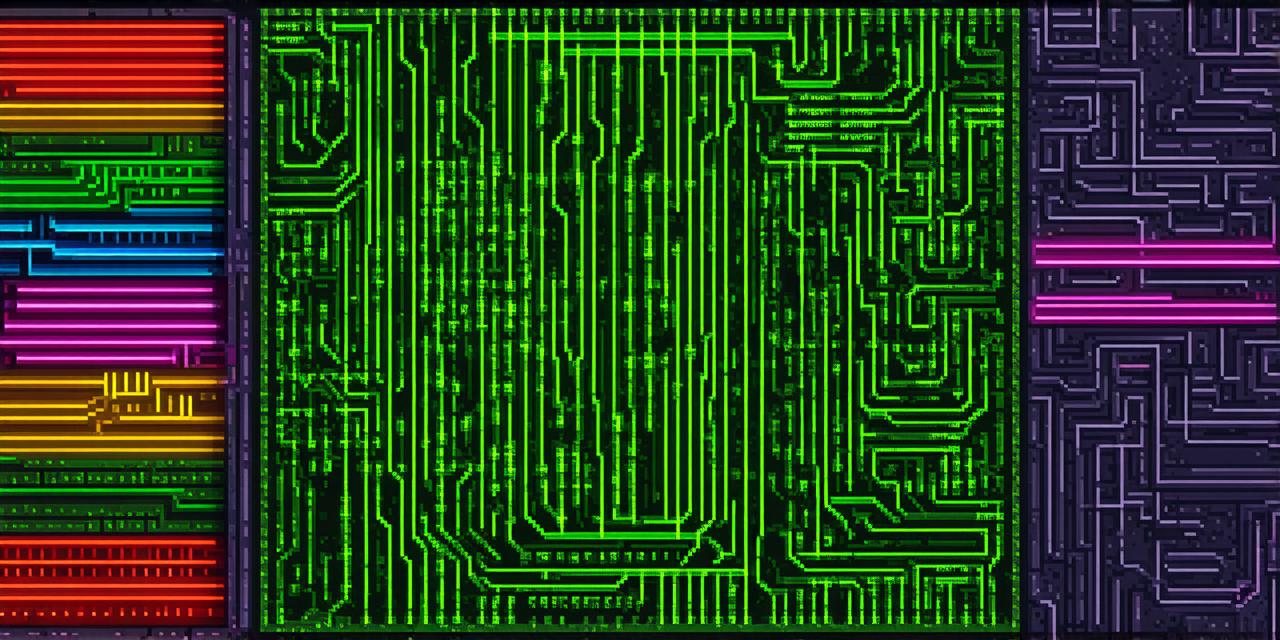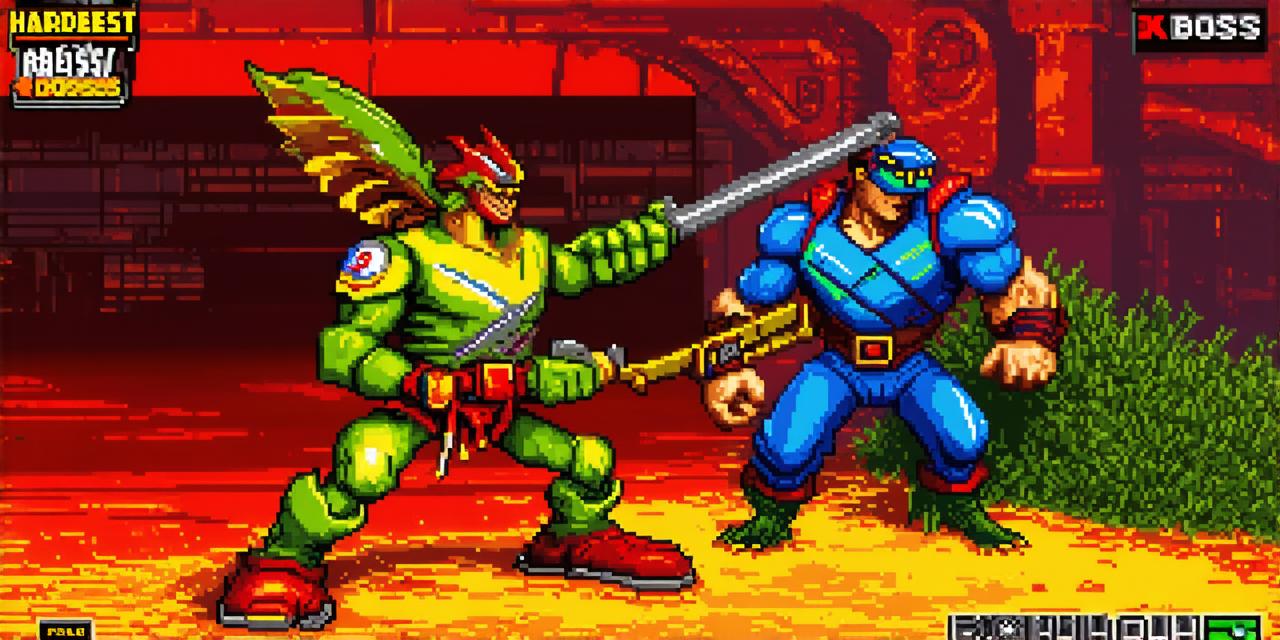Becoming a video game programmer
The first step to becoming a video game programmer is to have a strong foundation in computer science or a related field. This typically involves earning a bachelor’s degree in computer science, game design, or a similar major, and gaining hands-on experience through internships or entry-level jobs in the industry.
Once you have a solid understanding of programming concepts, such as data structures, algorithms, and object-oriented programming, you can start learning the specific skills and technologies that are used in video game development. This might include programming languages like C++, Python, and Java, as well as game engines like Unity and Unreal Engine.
In addition to technical skills, successful video game programmers also need to have strong problem-solving and communication skills. They often work closely with other members of the development team, such as artists, designers, and producers, to ensure that their code is integrated seamlessly into the overall game experience.
Real-life examples of successful video game programmers
One great example of a successful video game programmer is John Carmack, co-founder of id Software and the lead programmer on the Doom and Wolfenstein series. Carmack’s innovative use of 3D graphics and network programming helped to popularize first-person shooters in the 1990s, and his work continues to influence game developers today.
Another example is Clifford Saul, who has worked on a wide range of games over the course of his career, including the classic Space Invaders clone Space Wars! and the popular PC game Duke Nukem 3D. Saul’s expertise in programming and game design has helped to create some of the most memorable games of all time.
Challenges faced by video game programmers
Video game programmers face a variety of challenges in their work, including tight deadlines, complex technical requirements, and the need to constantly adapt to new technologies and development tools. They must also be able to work well under pressure and collaborate effectively with other members of the development team.
One common challenge faced by video game programmers is ensuring that their code runs smoothly on a wide range of hardware configurations, from low-end mobile devices to high-performance gaming PCs. This requires a deep understanding of optimization techniques and the ability to write efficient, optimized code.
Another challenge is keeping up with the rapidly changing technology landscape in the video game industry. New programming languages, engines, and tools are constantly being developed, and video game programmers must be able to adapt quickly to these changes in order to stay competitive.

In addition to technical challenges, video game programmers also face social challenges, such as working long hours and dealing with difficult team members or stakeholders. They must be able to manage their workload effectively and prioritize tasks in order to meet deadlines while maintaining a high level of quality in their work.
What kind of education do I need to become a video game programmer?
To become a video game programmer, you typically need a bachelor’s degree in computer science or a related field, with a focus on programming and software development. Additionally, gaining hands-on experience through internships or entry-level jobs in the industry can be helpful.
What skills and technologies do video game programmers need to know?
Video game programmers need to be proficient in programming languages like C++, Python, and Java, as well as game engines like Unity and Unreal Engine. They also need strong problem-solving and communication skills, as they often work closely with other members of the development team.
What are some of the challenges faced by video game programmers?
Video game programmers face challenges like tight deadlines, complex technical requirements, and the need to constantly adapt to new technologies and development tools. They must also be able to work well under pressure and collaborate effectively with other members of the development team.
What is a typical day in the life of a video game programmer?
A typical day in the life of a video game programmer involves writing and debugging code, working on game design and mechanics, communicating with other team members, and testing the game to ensure that it is running smoothly. They may also work late hours or weekends to meet deadlines or complete tasks.



